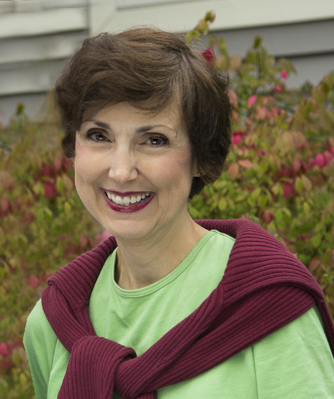
Karen Van Outryve is a poet and Aesthetic Realism consultant. Together with Margot Carpenter, she teaches “Poetry & Liking the World,” a class for children based on the Aesthetic Realism understanding of poetry. About Eli Siegel’s poem “Spark,” she says:
Every time I read this poem I feel hopeful, and I’ve seen hope in the eyes of students who hear it. That is because it expresses musically something we want very much to feel. The speaker in the poem says he needs other people to be wholly alive. His words are simple, modest, but in their surprising directness they are proud, too. Even as there is a wistful, wide yearning—particularly in the words “bystander” and “wayfarer”—the questions asked are strong and courageous.
I used to feel that need was a sign of weakness, but this poem shows it can be the same as strength. My life changed profoundly because I learned from Aesthetic Realism that art shows we need the world and people different from ourselves to be all that we can be. This vital knowledge has made it possible for me to care for art and for people, and to have a marriage, family, and life that I cherish. In his note to the poem, Mr. Siegel writes,
We live by each other, and this means that sometimes when we are inert, a lively thing from someone else combats our inertia.
Here is the poem:
Spark
I am a spark,
Which always goes out,
For it needs another spark.
What is your name, bystander?
What is your name, wayfarer?